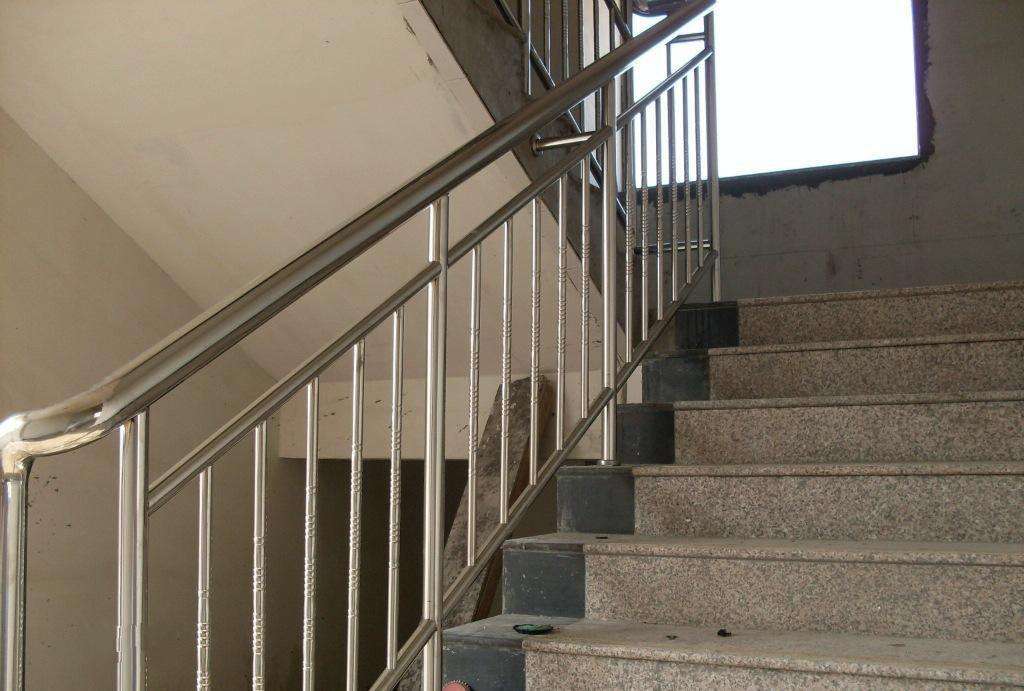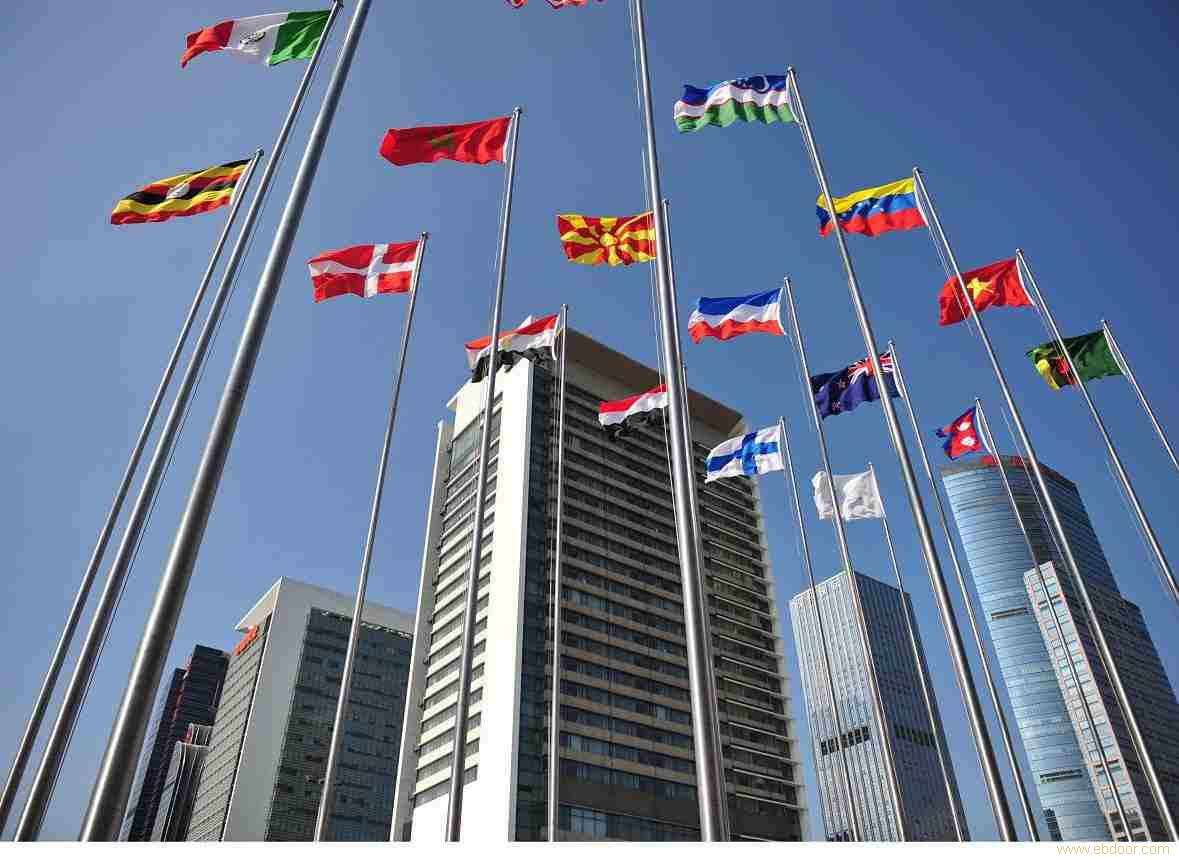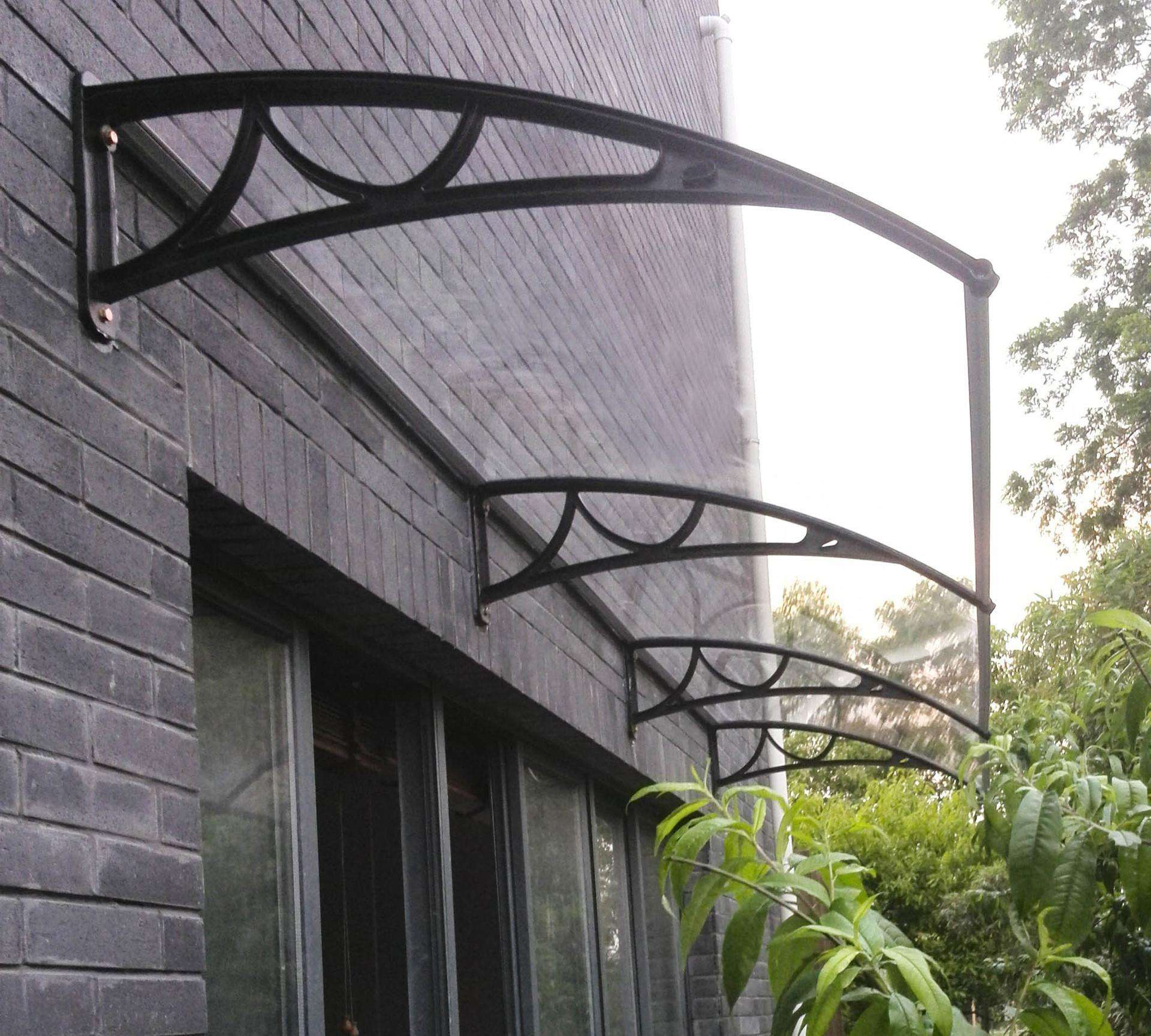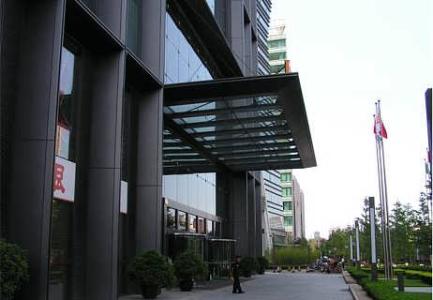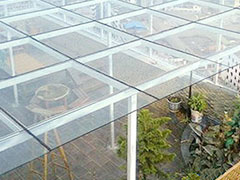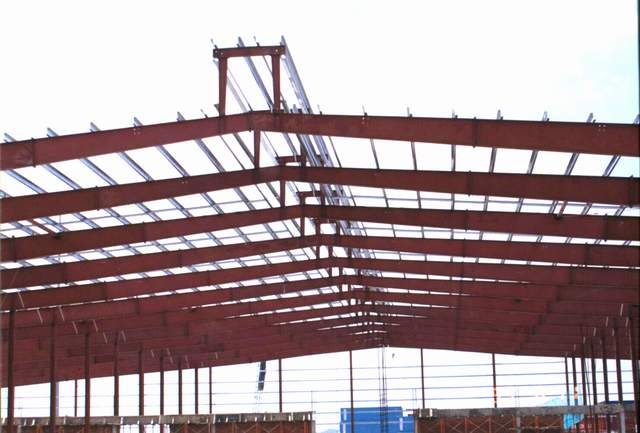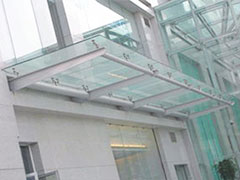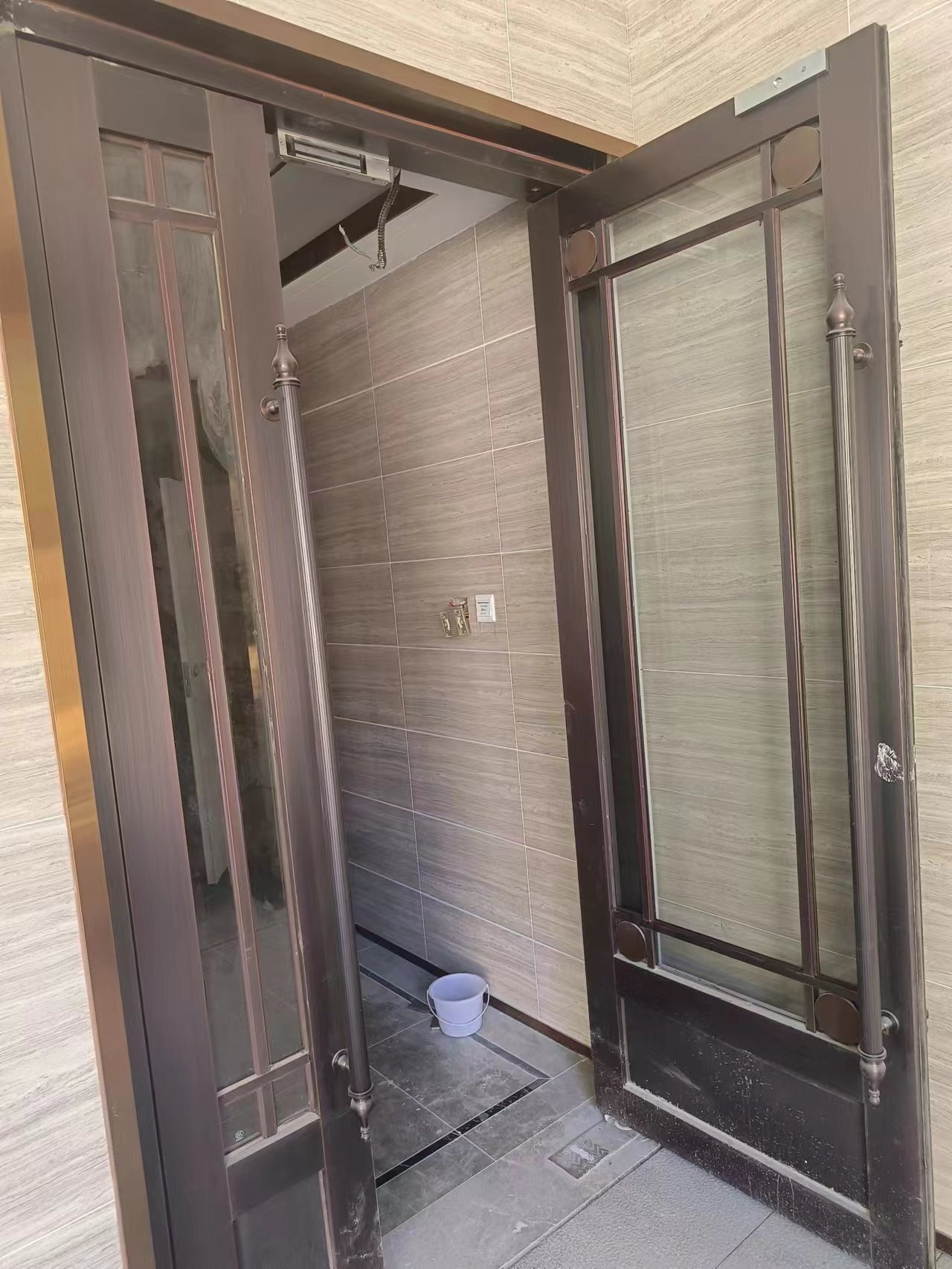行業(yè)動態(tài)
dongnews
企業(yè)案例
case
聯(lián)系我們
- 聯(lián)系人:濟南燕翔鐵藝制品有限公司
- 手機:15953126901
- 電話:15153196527
- 郵箱:785385551@qq.com
- 地址:濟南市天橋區(qū)歷山北路黃臺不銹鋼市場3區(qū)317

輕型鋼結(jié)構(gòu)的選型與結(jié)構(gòu)布置
來源:http://m.htegtbn.cn 日期:2023-03-14 發(fā)布人: 瀏覽次數(shù):5次
輕型鋼結(jié)構(gòu)通常用于高層、大跨度、體型復(fù)雜、荷載或吊車起重量大、有較大振動、高溫車間、密封性要求高、要求能活動或經(jīng)常裝拆的結(jié)構(gòu)。直觀的說:大廈、體育館、歌劇院、大橋、電視塔、倉棚、工廠、住宅和臨時建筑等。這是和濟南輕型鋼結(jié)構(gòu)自身的特點相一致的。
Light steel structure is usually used in high-rise, large-span, complex shape, large load or crane lifting capacity, large vibration, high temperature workshop, high sealing requirements, movable or frequently assembled and disassembled structures. Intuitively, buildings, gymnasiums, opera houses, bridges, television towers, warehouses, factories, residential buildings and temporary buildings. This is consistent with the characteristics of Jinan light steel structure itself.
輕型鋼結(jié)構(gòu)通常有框架、平面(木行)架、網(wǎng)架(殼)、索膜、輕鋼、塔桅等結(jié)構(gòu)型式。其理論與技術(shù)大都成熟。亦有部分難題沒有解決,或沒有簡單實用的設(shè)計方法,比如網(wǎng)殼的穩(wěn)定等。
Light steel structures usually include frame, plane (wooden) frame, grid (shell), cable membrane, light steel, tower mast and other structural types. Its theory and technology are mostly mature. There are also some problems that have not been solved, or there are no simple and practical design methods, such as the stability of latticed shells.
結(jié)構(gòu)選型時,應(yīng)考慮它們不同的特點。在輕鋼工業(yè)廠房中,當有較大懸掛荷載或移動荷載,就可考慮放棄門式剛架而采用網(wǎng)架?;狙捍蟮牡貐^(qū),屋面曲線應(yīng)有利于積雪滑落(切線50度內(nèi)需考慮雪載)。
Their different characteristics should be considered when selecting the structure. In light steel industrial buildings, when there is a large hanging load or moving load, the portal frame can be considered to be abandoned and the grid frame can be used. In areas with large basic snow pressure, the roof curve should be conducive to snow sliding (snow load should be considered within 50 degrees of tangent).
總雪載釋放近一半。降雨量大的地區(qū)相似考慮。建筑允許時,在框架中布置支撐會比簡單的節(jié)點剛接的框架有更好的經(jīng)濟性。而屋面覆蓋跨度較大的建筑中,可選擇構(gòu)件受拉為主的懸索或索膜結(jié)構(gòu)體系。
Nearly half of the total snow load is released. Areas with large rainfall are considered similarly. When the building allows, the arrangement of supports in the frame will be more economical than the simple frame with rigid joints. For buildings with large span of roof covering, the suspension cable or cable membrane structure system can be selected.
高層輕型鋼結(jié)構(gòu)設(shè)計中,常采用鋼混凝土組合結(jié)構(gòu),在地震烈度高或很不規(guī)則的高層中,不應(yīng)單純?yōu)榱私?jīng)濟去選擇不利抗震的核心筒加外框的形式。宜選擇周邊巨型src柱,核心為支撐框架的結(jié)構(gòu)體系。我國半數(shù)以上的此類高層為前者。對抗震不利。
In the design of high-rise light steel structures, steel-concrete composite structures are often used. In high-rise buildings with high or irregular seismic intensity, the form of core tube plus outer frame that is unfavorable to earthquake resistance should not be selected simply for the sake of economy. The surrounding giant src columns should be selected, and the core is the structural system of supporting frame. More than half of such senior managers in China are the former. Disadvantageous to earthquake resistance.
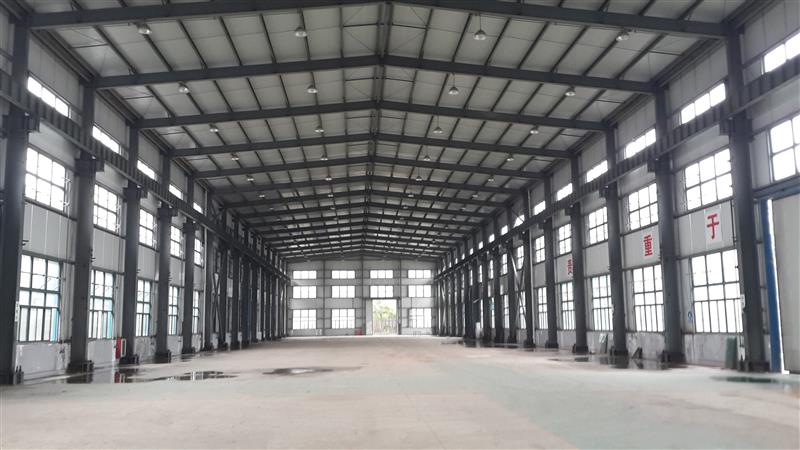

結(jié)構(gòu)的布置要根勻據(jù)體系特征,荷載分布情況及性質(zhì)等綜合考慮。一般的說要剛度均勻。力學(xué)模型清晰。盡可能限制大荷載或移動荷載的影響范圍,使其以直接的線路傳遞到基礎(chǔ)。柱間抗側(cè)支撐的分布應(yīng)均。
The layout of the structure shall be comprehensively considered according to the system characteristics, load distribution and nature. Generally speaking, the stiffness should be uniform. The mechanical model is clear. Limit the influence range of large load or moving load as much as possible, so that it can be transferred to the foundation by direct line. The distribution of lateral bracing between columns shall be uniform.
其形心要盡量靠近側(cè)向力(風(fēng)震)的作用線。否則應(yīng)考慮結(jié)構(gòu)的扭轉(zhuǎn)。結(jié)構(gòu)的抗側(cè)應(yīng)有多道防線。比如有支撐框架結(jié)構(gòu),柱子至少應(yīng)能單獨承受1/4的總水平力。
Its centroid should be as close as possible to the action line of lateral force (wind shock). Otherwise, the torsion of the structure should be considered. The anti-side of the structure should have multiple lines of defense. For example, if there is a supporting frame structure, the column should be able to bear at least 1/4 of the total horizontal force alone.
框架結(jié)構(gòu)的樓層平面次梁的布置,有時可以調(diào)整其荷載傳遞方向以滿足不同的要求。通常為了減小截面沿短向布置次梁,但是這會使主梁截面加大,減少了樓層凈高,頂層邊柱也有時會吃不消,此時把次梁支撐在較短的主梁上可以犧牲次梁保住主梁和柱子。更多相關(guān)內(nèi)容就來我們網(wǎng)站http://m.htegtbn.cn咨詢!
The layout of the secondary beam in the floor plan of the frame structure can sometimes adjust its load transfer direction to meet different requirements. Generally, secondary beams are arranged along the short direction in order to reduce the section, but this will increase the section of the main beam, reduce the floor net height, and sometimes the top side columns can not be consumed. At this time, supporting the secondary beam on the shorter main beam can sacrifice the secondary beam to keep the main beam and column. Come to our website for more relevant content http://m.htegtbn.cn consulting service

